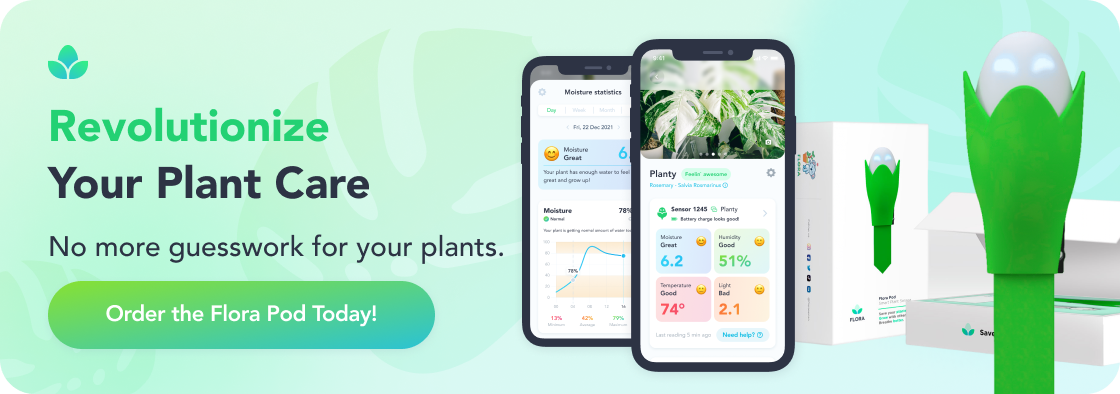Cyclamen Toxicity: What Pet Owners Need to Know

Brightening up your home with plants like cyclamen can create a warm and inviting space, but it's vital to be aware of potential dangers to your pets. Cyclamen, known for its vibrant blooms, hides a perilous secret: it can be toxic to our animal companions. This blog delves into the toxicity of cyclamen to ensure pet owners are equipped with the knowledge to keep their furry family members safe.
Understanding Cyclamen Toxicity
Cyclamen, a beloved houseplant for its striking flowers and heart-shaped leaves, harbors a hidden danger to pets due to compounds known as terpenoid saponins. These substances, found throughout the plant, are most concentrated in the tubers or roots, posing a significant risk if ingested.
The allure of cyclamen's beauty can be deceiving, as even casual contact with these toxins can lead to a variety of adverse health effects in pets, underscoring the importance of vigilance and immediate action from pet owners and veterinarians alike.
Are Cyclamen Toxic to Cats?

Cats, with their innate curiosity and tendency to explore their environment with their mouths, are particularly at risk of cyclamen poisoning. The entire cyclamen is poisonous to cats, with the tubers being especially dangerous.
Symptoms of cyclamen poisoning in cats can range from mild—such as drooling, vomiting, and diarrhea—to severe, including heart rhythm abnormalities, seizures, and potentially death.
Given a cat's limited ability to expel toxins through vomiting, prompt veterinary intervention is crucial to mitigate the effects of cyclamen ingestion and safeguard your feline friend's health.
Is Cyclamen Toxic to Dogs?
Dogs, not known for their discerning palates, may also fall victim to the allure of cyclamen, ingesting its leaves and flowers out of curiosity or boredom.
While these parts of the plant contain lower levels of terpenoid saponins, they can still cause significant gastrointestinal distress. The true peril lies with the tubers, which if consumed, can lead to severe poisoning characterized by vomiting, diarrhea, cardiac issues, and seizures. Immediate veterinary care is paramount to address these symptoms and prevent long-term health complications.
Preventive Measures for Pet Owners

The best strategy to prevent cyclamen poisoning is proactive management. Keeping cyclamen out of reach or opting for pet-friendly plants can significantly reduce the risk. Be vigilant for any signs of distress in your pets, and maintain a close relationship with your veterinarian to ensure you can act swiftly should an incident occur.
Immediate Actions in Case of Cyclamen Ingestion
Identify the Ingestion: If you notice your pet has eaten cyclamen or shows signs of poisoning, such as drooling, vomiting, or lethargy, act immediately.
Rinse Their Mouth: Gently rinse your pet’s mouth with water to remove residual plant matter and reduce oral irritation. This can help alleviate some discomfort and prevent further absorption of toxins.
Contact Your Veterinarian: Reach out to your veterinarian or an emergency pet poison hotline immediately. Prompt professional advice is crucial in managing potential cyclamen poisoning.
Follow Veterinary Instructions: Your vet may advise you to bring your pet in for examination. Treatments may include administering activated charcoal to bind the toxins and prevent further absorption, as well as providing supportive care such as IV fluids to address dehydration and electrolyte imbalances.
Monitor Your Pet: After initial treatment, closely monitor your pet for any changes in behavior or worsening symptoms. Follow any additional care instructions provided by your veterinarian, such as dietary adjustments or medication administration.
Prevent Future Incidents: Consider removing cyclamen and other toxic plants from your home or placing them well out of reach of pets to prevent future incidents. Educate yourself about pet-safe plants to create a safer environment for your furry companions.
Cyclamen plants, while enhancing our home's aesthetic appeal, carry a hidden risk due to their toxicity to pets. Recognizing that cyclamen toxic effects pose real dangers, especially to our curious cats and loyal dogs, is crucial for any pet owner.
Equipped with the knowledge of how are cyclamen toxic to cats and understanding cyclamen poisonous to cats and dogs, we can create safer, greener spaces. Vigilance and prompt action in response to any suspected ingestion can safeguard our pets, ensuring they thrive alongside our cherished plant collections.
Fern's Leafy Learnings
Cyclamen Toxic Risks: The beauty of cyclamen belies its potential danger, especially the tubers known for harboring high levels of toxins, posing risks to both cats and dogs.
Cyclamen Poisonous to Cats: Felines may exhibit symptoms such as drooling, vomiting, and diarrhea after ingesting cyclamen, highlighting the plant's toxic threat.
Cyclamen Toxic to Dogs: Canines are not spared, with tuber ingestion leading to grave health concerns, including cardiac issues and seizures, emphasizing the need for awareness among pet owners.
Preventive Measures: Prioritizing pet safety involves keeping cyclamen and other toxic plants out of pets' reach, advocating for a pet-friendly indoor environment.
Immediate Veterinary Action: In cases where cyclamen toxic ingestion is suspected, swiftly consulting a veterinarian is pivotal for the pet's recovery and well-being, underscoring the importance of preparedness in pet care.
Deepen Your Roots with Flora
At Flora, we not only bring you a vibrant selection of locally sourced, rare, and delightful plants, but we also serve as your continuous guide in your plant parenting voyage, ensuring every leaf in your sanctuary thrives. With our Flora Pod™ technology and a nurturing community of over 250,000 plant lovers, we cultivate a space where every plant parent - novice or expert - can blossom.
We propagate with a commitment to sustainability, connection, and ceaseless growth, fostering a community where each member, and their plants, are cherished and nurtured.
Crave a lush, thriving green space? Adopt a plant from Flora today!
Flora Pod™ is featured on Shark Tank!

5 Signs Your Houseplant Needs Repotting Now
Mar 02, 2026
6 Anthurium Benefits You Didn't Know About
Mar 02, 2026

How to Prune Your Houseplants Before Spring Growth Season
Mar 02, 2026

10 Best Houseplants for Spring Repotting Success
Mar 02, 2026

Can ZZ Plants Survive in Low Light Conditions?
Mar 02, 2026

5 Critical Pre-Spring Pruning Tips for Houseplants
Mar 02, 2026

Can Succulents Survive Winter Outdoors in Your Climate Zone?
Mar 02, 2026

Which Houseplants Are Toxic to Cats and Should You Avoid Them?
Mar 02, 2026





